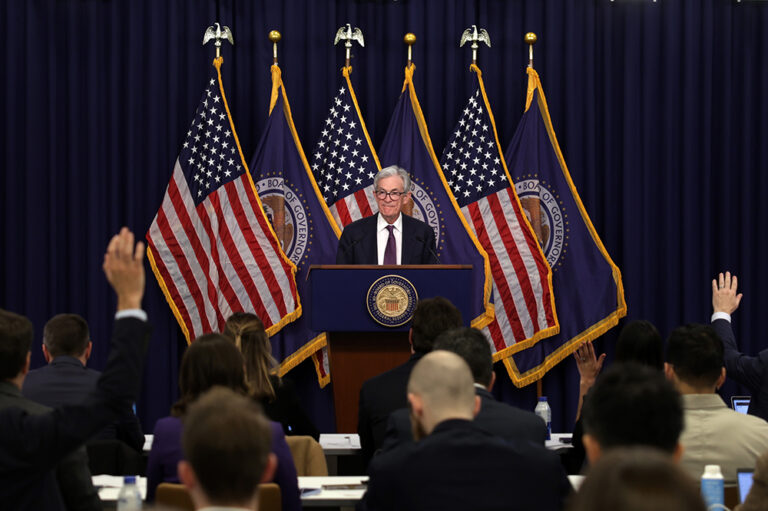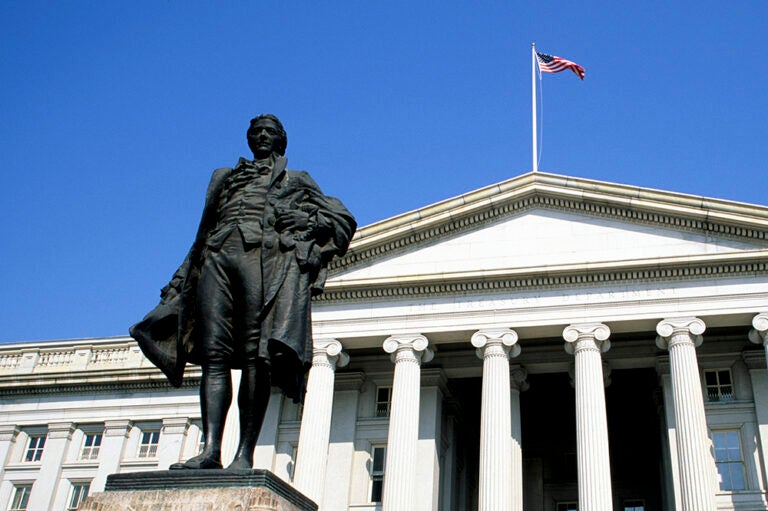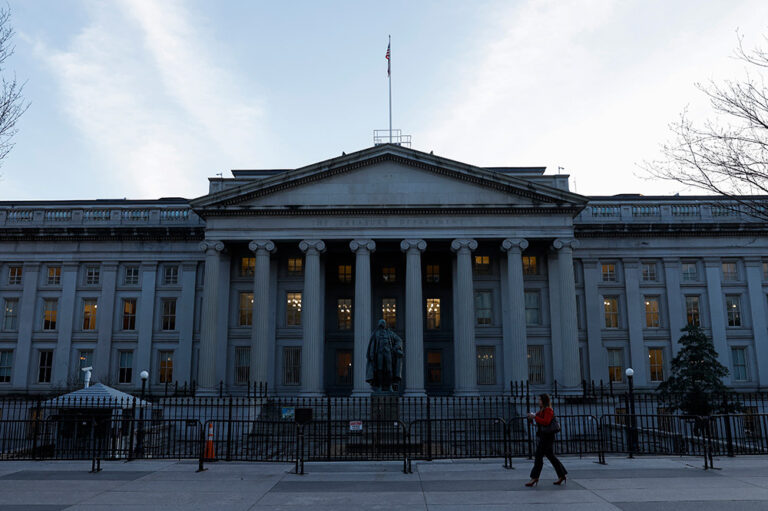Both Democratic and Republican voters want the presidential candidates to take to make the debt a larger campaign issue, according to recent polls conducted by Global Strategy Group and North Star Opinion Research. Voters widely agree (79%) that a presidential candidate from their party should make the national debt one of the top three priorities of his or her campaign, including overwhelming majorities of Democrats (71%) and Republicans (92%).
Voters want to hear more about the national debt during the primaries, with a clear majority (71%) agreeing that primary candidates should make addressing the debt a larger part of their campaign platforms. Only 15% of voters believe the issue should make up a smaller part of campaigns' platforms.
Furthermore, candidates can benefit electorally by committing to plans to address the debt: Of the 1,006 registered voters polled, 55% said that they would be more likely to vote for a candidate for president who supports a bipartisan plan to address the debt. A majority of voters — 51% of Democrats and 64% of Republicans — also said they would be more interested in this year's elections if candidates spent more time focusing on the issue.
For a more detailed breakdown of the polling results and methodology, check out the polling memo. If you also care about the national debt, you can let the candidates know.
Image credit: Getty Images
Further Reading
The Fed Reduced the Short-Term Rate Again, but Interest Costs Remain High
High interest rates on U.S. Treasury securities increase the federal government’s borrowing costs.
What Types of Securities Does the Treasury Issue?
Learn about the different types of Treasury securities issued to the public as well as trends in interest rates and maturity terms.
Quarterly Treasury Refunding Statement: Borrowing Up Year Over Year
Key highlights from the most recent Quarterly Refunding include an increase in anticipated borrowing of $158 billion compared to the same period in the previous year.


